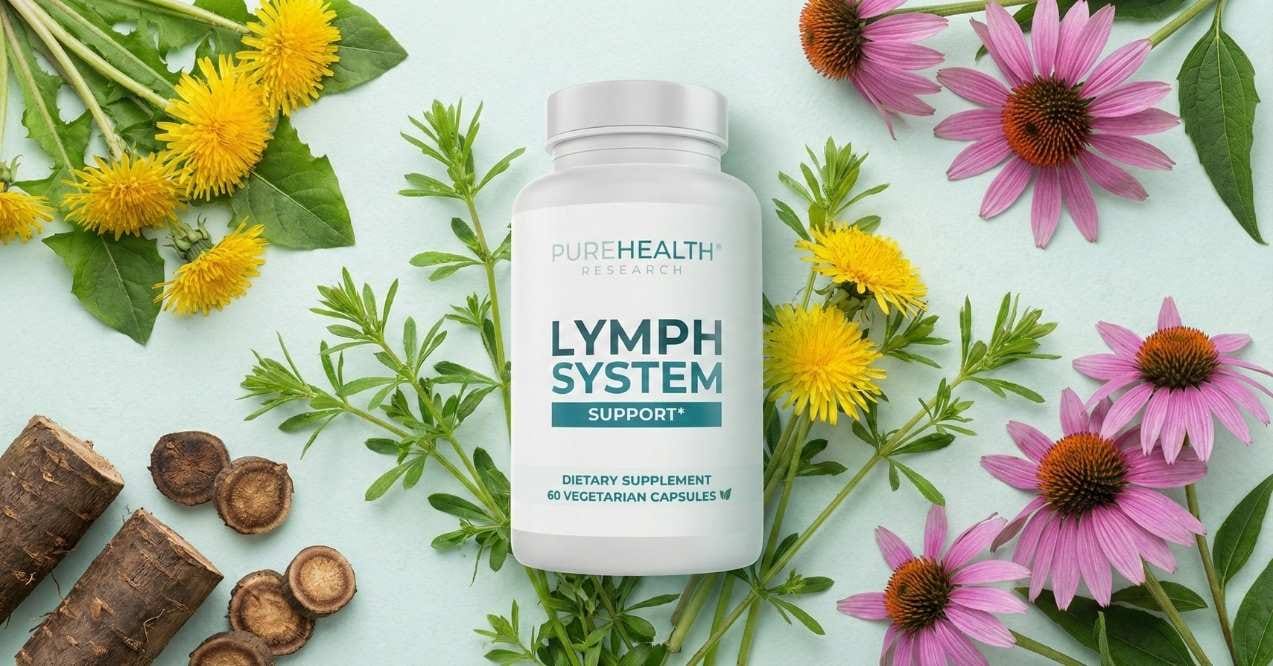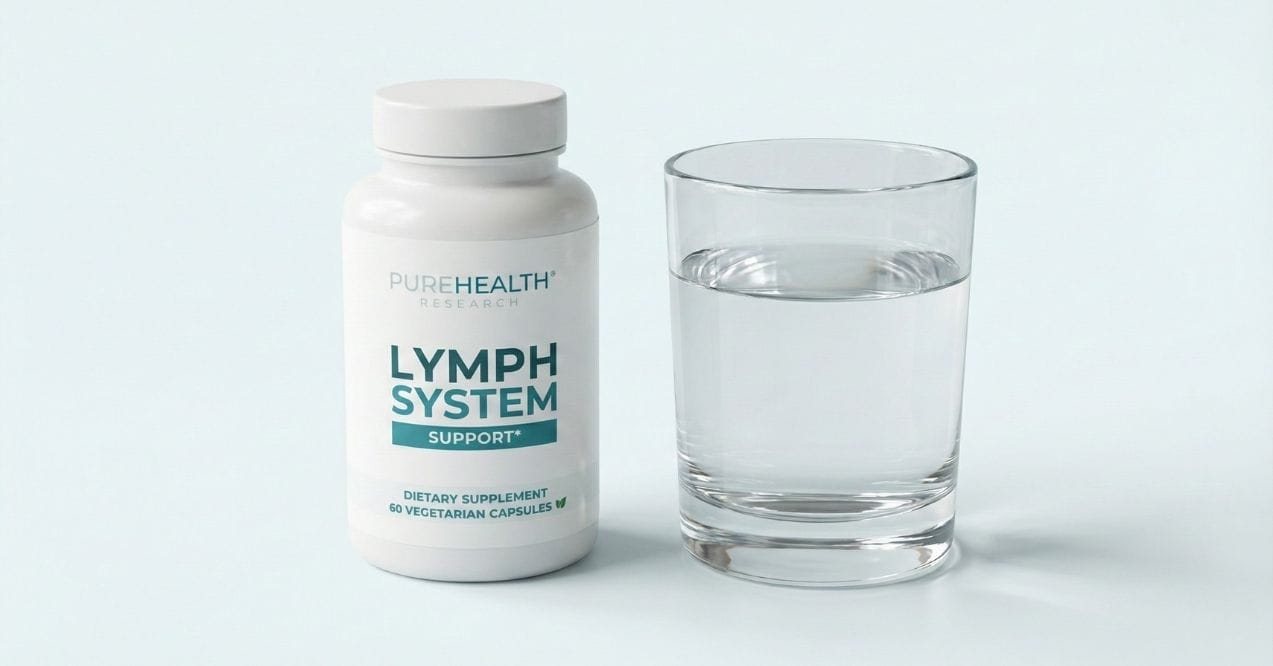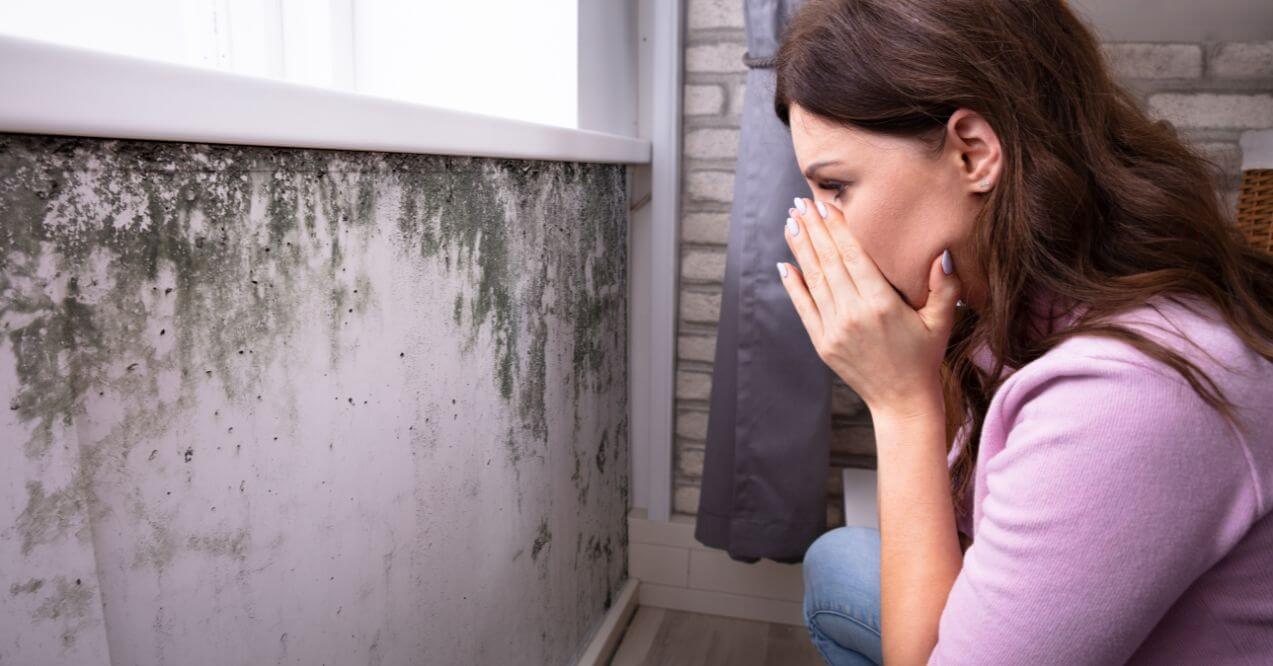7 Best Herbs for Lymphatic System
In this article we explore the 7 Best Herbs for Lymphatic System support. Let’s dive into nature's secrets for improved health together.
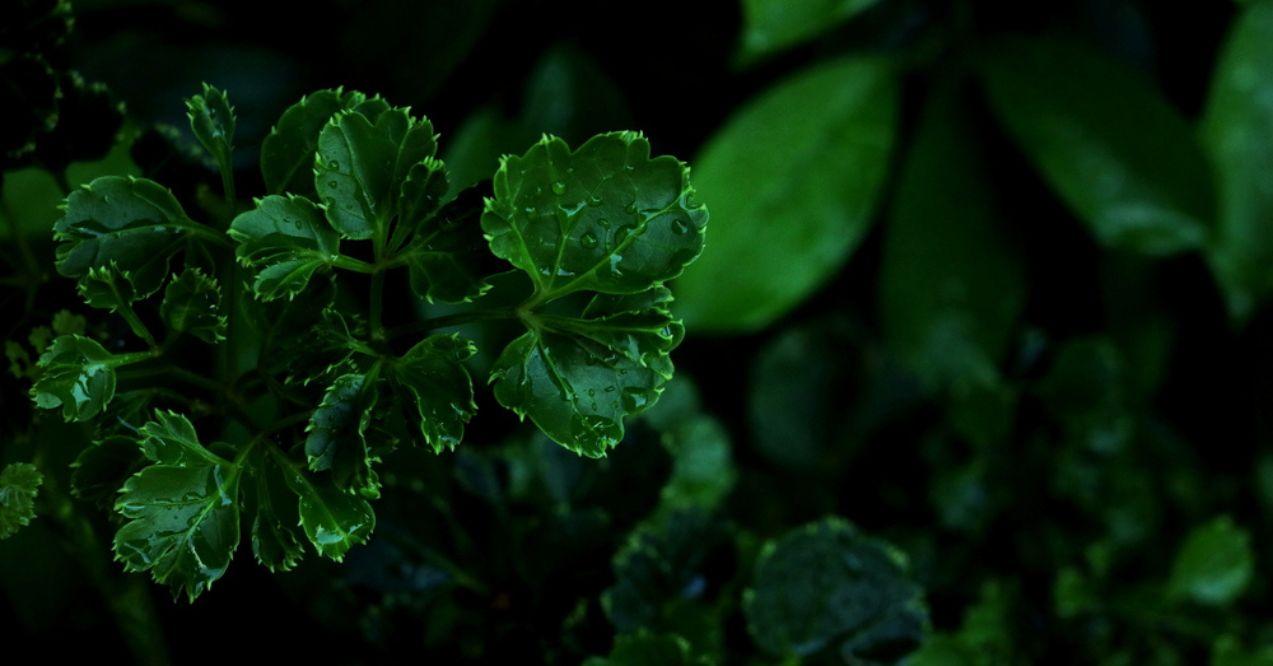

The lymphatic system plays a critical role in our body’s overall health. It’s responsible for maintaining fluid balance, removing waste products, and supporting the immune system. Despite its essential functions, its importance is often understated in mainstream health discussions. In the realm of natural health, herbs have been identified as potent tools to support and optimize the lymphatic system.
So, which are the best herbs for lymphatic system? This article aims to answer that question by providing evidence-based insights into the herbs that may support the functionality of this system. Understanding the lymphatic system’s significance and knowing which herbs may help its operation might be invaluable in pursuing optimal health. Let’s delve deeper into the system’s functions and the herbs that may offer targeted support.
What Does Your Lymphatic System Do?
The lymphatic system is a crucial part of our body, working quietly behind the scenes like a cleaning service. First and foremost, it’s in charge of keeping our body’s fluid levels balanced. Just as a sponge soaks up a spill, the lymphatic system collects any extra fluid from our tissues and ensures it gets returned to our bloodstream. This helps with swelling and keeps everything running smoothly.
In short, the lymphatic system does a lot: it keeps our body clean, ensures our fluid levels are just right, and defends us against things that might make us sick.

Best Herbs for Lymphatic System
Nature offers a variety of herbs that may benefit our body’s inner workings, especially if you are considering a lymphatic system cleanse. Let’s explore some of these herbs and how they might support this essential system:
1. Echinacea
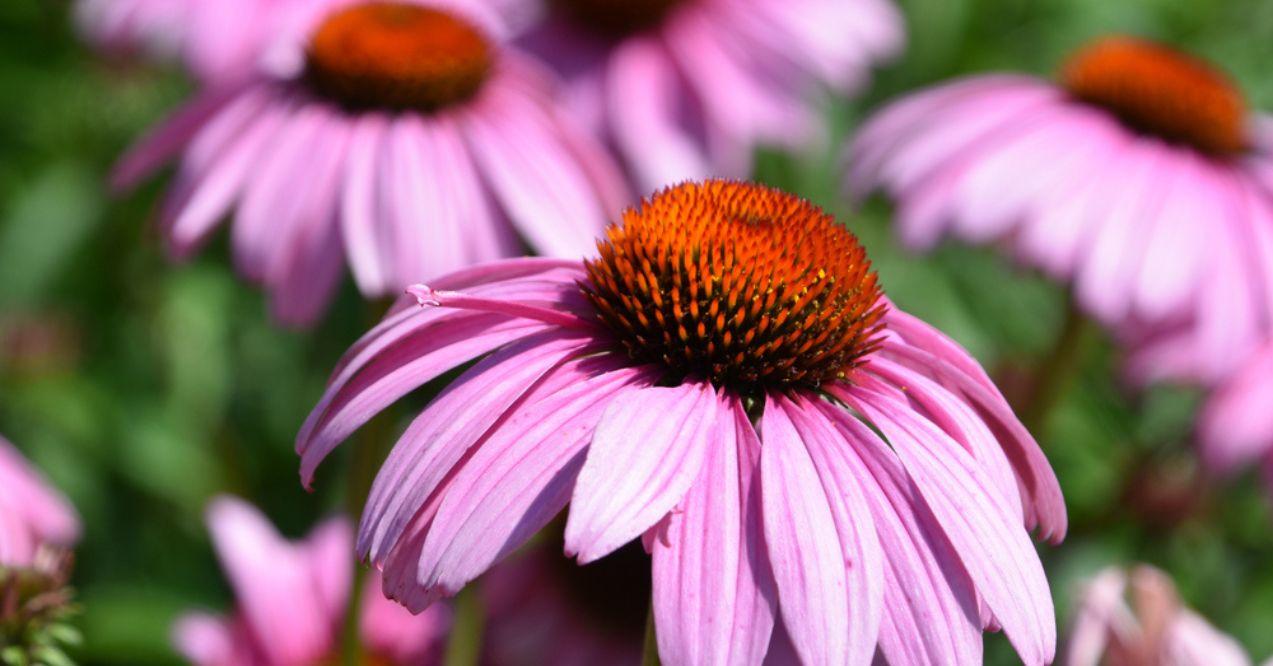
Echinacea, with its hallmark purple petals, has been cherished by indigenous North American communities for centuries as a medicinal powerhouse. Traditionally, these native tribes utilized Echinacea for a multitude of ailments, ranging from coughs and colds to wound healing, recognizing its innate ability to support the body’s defense mechanisms. This knowledge was passed down and became embedded in various folk medicine practices, with the lymphatic system being one of the primary beneficiaries of Echinacea’s potent properties.
Science in modern times has started to research and try to validate many of these traditional uses. Modern research showcases Echinacea’s role in helping the immune response, particularly its capability to support the lymphatic system. The herb aids by potentially increasing the production of lymphocytes, those critical white blood cells housed in the lymph nodes.
2. Dandelion
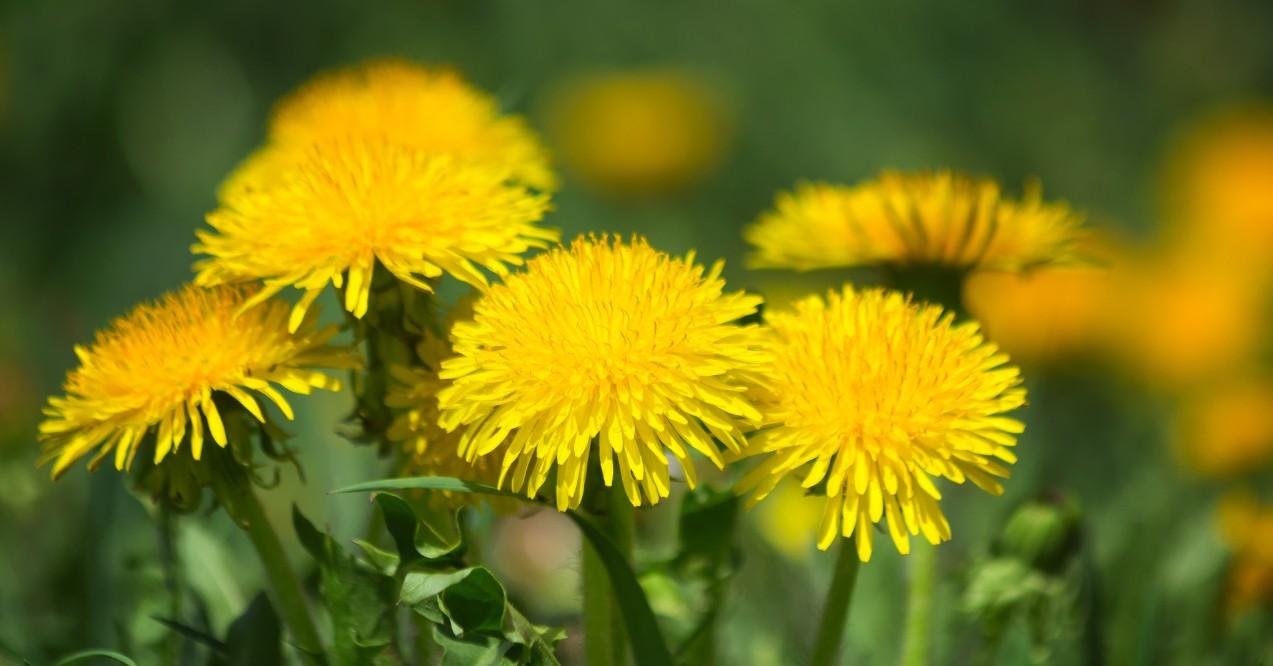
The humble dandelion, often dismissed as a simple weed in gardens, has a rich history rooted in traditional medicine. Ancient civilizations, including the Chinese, Arabs, and Europeans, have long turned to dandelion’s leaves and roots for their curative properties. From liver ailments to digestive issues, the dandelion was a staple in many old-world remedies, and central to its range of benefits. It was also used as one of the herbs to cleanse lymphatic system.
Modern studies have begun to shed light on these age-old beliefs, revealing the science behind dandelion’s potential benefits. Rich in vitamins and antioxidants, dandelion has been shown to support lymphatic health by encouraging the efficient flow of lymphatic fluids. Its diuretic properties further aid in the elimination of toxins, reinforcing its traditional role as a detoxifier.
3. Burdock Root
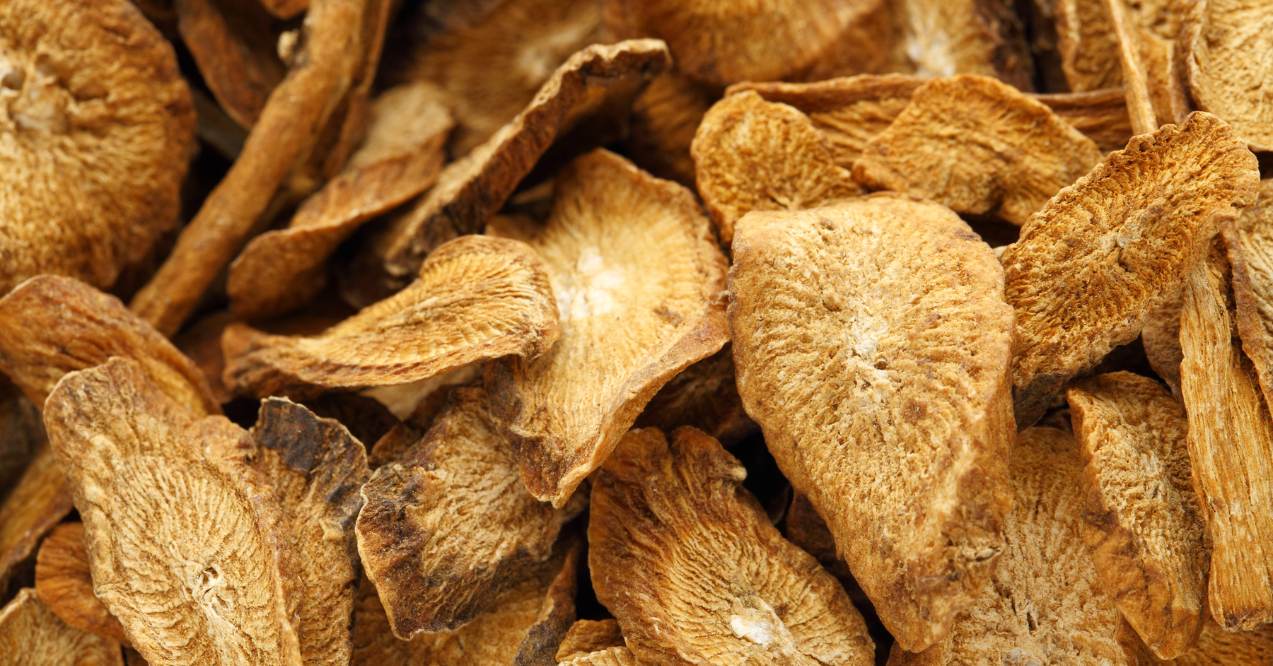
Burdock root, with its earthy exterior and a history steeped in medicinal lore, has been a cornerstone in traditional healing practices across continents. The ancient Greeks, Chinese, and various indigenous tribes in North America have all extolled the virtues of this unassuming plant.
Historically, burdock root was prized for its purifying properties, with many cultures believing it had a unique ability to cleanse and enhance the body’s natural detoxification pathways. They considered the root as a lymphatic tonic, vital for clearing congestion and reducing swelling, ensuring a free flow of lymph and better waste elimination.
As the wheel of time turned and modern science began investigating traditional remedies, burdock root did not go unnoticed. Contemporary research has illuminated its rich array of antioxidants and anti-inflammatory properties, which may directly aid the lymphatic system. These properties not only validate its historical use for lymphatic support but also highlight its potential role in modern holistic health practices.
4. Cleavers
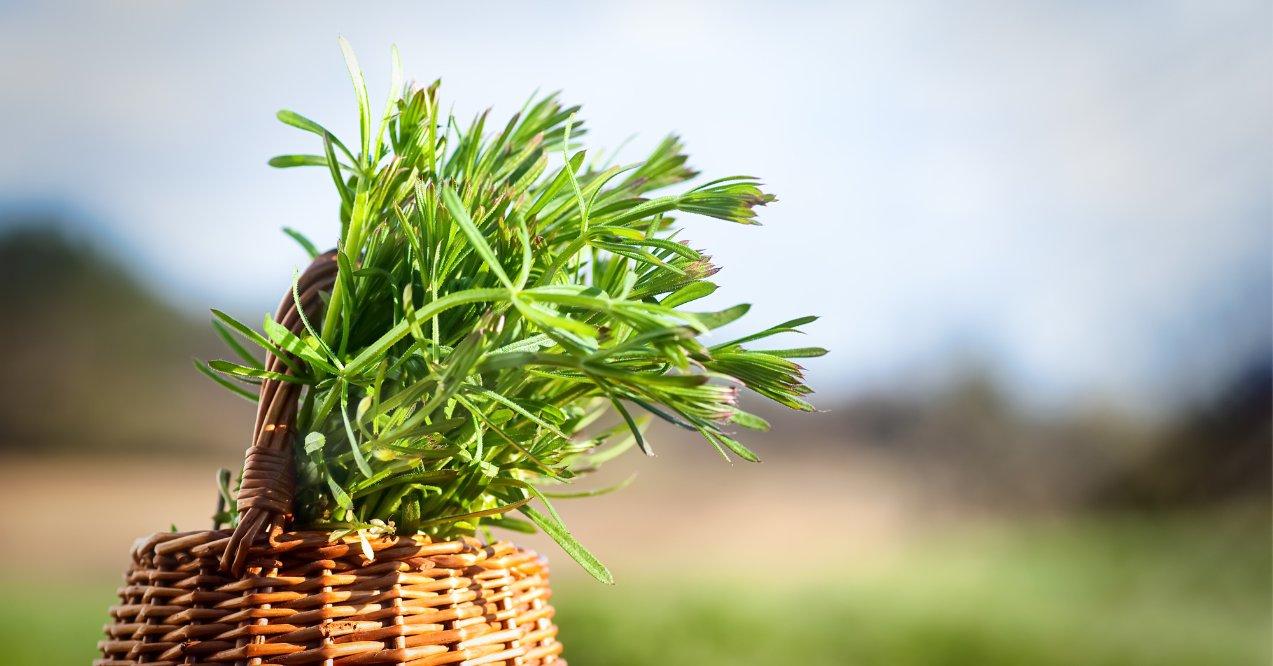
Cleavers, a plant often encountered clinging to clothing or animal fur with its hooked hairs, has roots that run deep in the annals of traditional medicine. Historically, from Europe to Asia, herbalists and healers have recognized the potential of this sticky plant, using it as a remedy for a variety of ailments. A central tenet of its traditional use has been its role in supporting the lymphatic system.
For generations, Cleavers has been referred to as a lymphatic herb, believed to assist in draining and cleansing the lymph nodes, especially during times of congestion or swelling. Folk medicine traditions often brewed Cleavers into teas or used it as a topical application for skin conditions, underlining its believed purifying properties.
In the realm of modern herbalism and health studies, Cleaver’s herb continues to hold its ground. Research has begun to explore its diuretic and anti-inflammatory properties, providing a more scientific lens to its traditional role in promoting lymphatic health. The compounds found within Cleavers seem to not only support lymphatic flow but also aid in the overall detoxification process of the body.
5. Red Clover
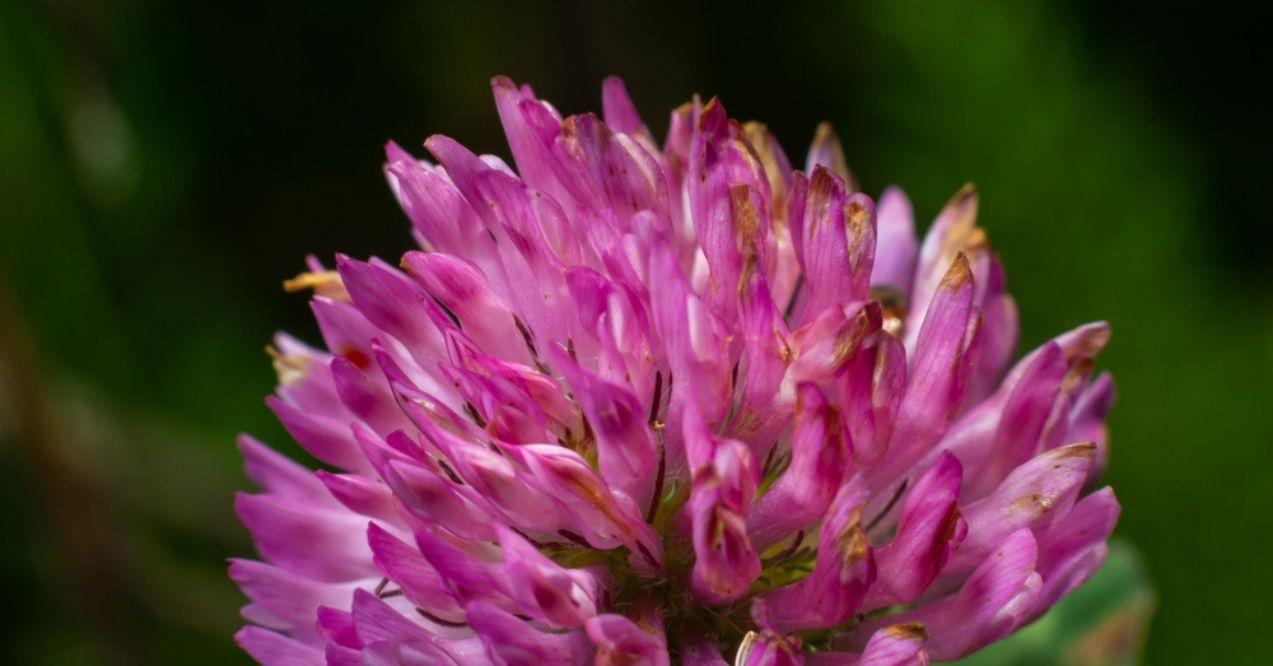
Red Clover, with its distinctive, vibrant blooms, has been a beacon in the world of traditional medicine for generations. Across Europe and Asia, its delicate flowers and leaves have been harvested and utilized for a plethora of health benefits.
One of its notable uses, deeply entrenched in historical remedies, has been its application for lymphatic health. For centuries, traditional practitioners believed that Red Clover possessed the ability to support the removal of waste and toxins from the body. Its properties were sought after, especially when dealing with conditions of congestion or stagnation in the lymphatic system.
Old remedies often incorporated Red Clover in teas, tinctures, or salves, pointing to its versatility and importance in the herbalist’s toolkit.
Modern exploration into Red Clover’s benefits has added layers of understanding to its historical uses. With its rich profile of isoflavones and other beneficial compounds, contemporary research suggests that Red Clover may support lymphatic health, while also offering potential antioxidant and anti-inflammatory benefits.
6. Sophora Japonica
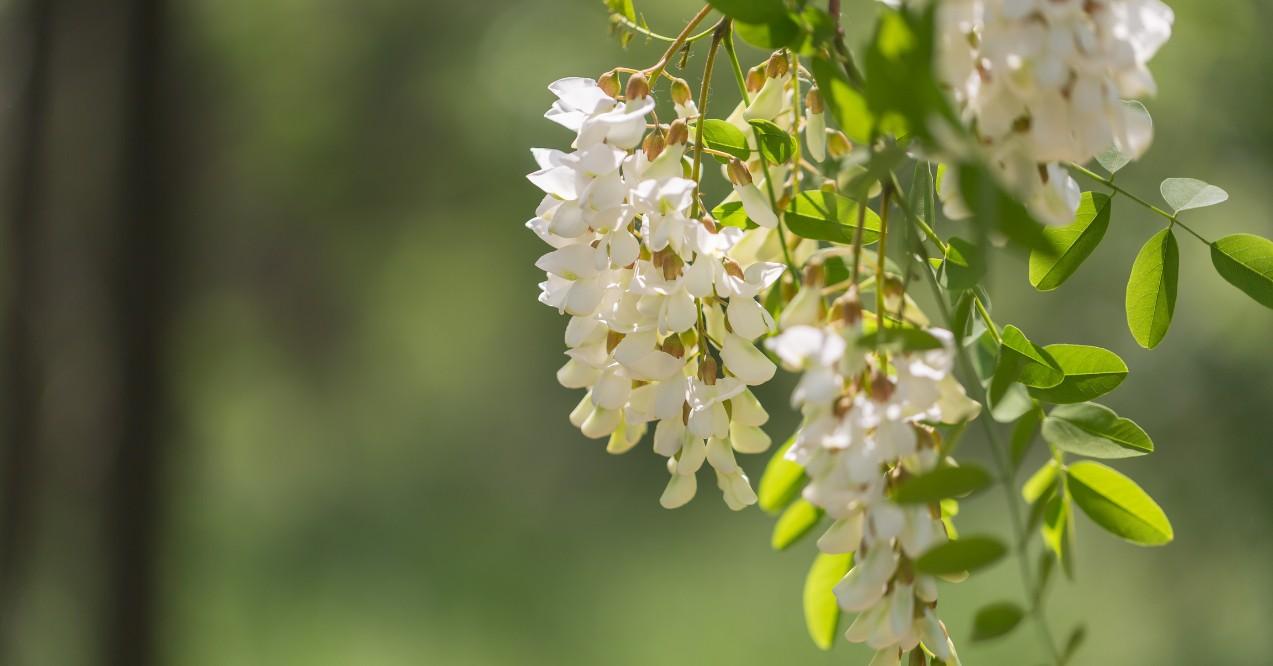
Sophora Japonica, also known as the Japanese Pagoda Tree, is a plant that has held a revered place in traditional Asian medicine. Its graceful branches bear clusters of white flowers, but it’s the tree’s buds and fruits that have been particularly sought after for medicinal purposes.
Historically, Sophora Japonica was a staple in many traditional remedies, with an emphasis on its capabilities to address circulatory and vascular issues, including support for the lymphatic system. Ancient herbalists and practitioners recognized the benefits of Sophora Japonica in promoting lymphatic health. They believed that its compounds could assist in clearing blockages and facilitating a smoother flow of lymph, ensuring the system operates at its optimum.
With the evolution of modern research and botanical studies, the spotlight turned to the quercetin-rich extracts of Sophora Japonica. Quercetin, a flavonoid known for its antioxidant and anti-inflammatory properties, provides insight into the tree’s traditional use for lymphatic support. Contemporary studies suggest that the compounds in Sophora Japonica may support lymphatic health, corroborating its historical significance.
7. Astragalus
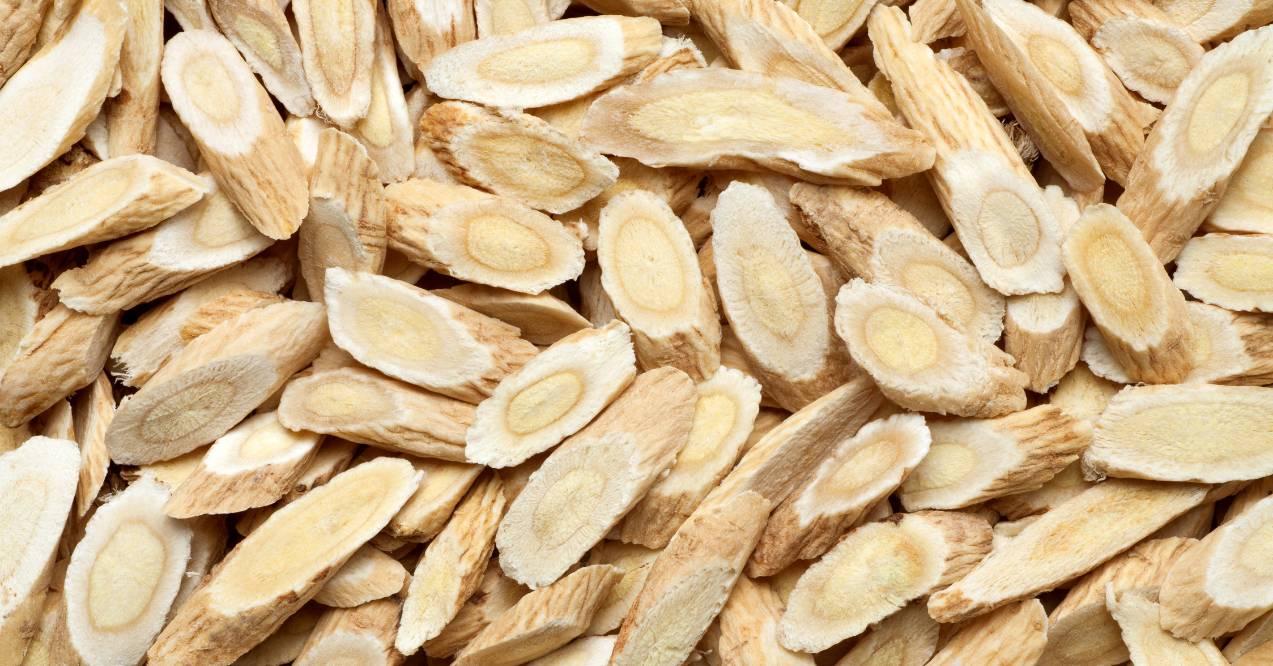
Astragalus, often referred to by its roots as the “Mongolian milkvetch”, is a plant that has long held a distinguished position in traditional Chinese medicine. With its long, slender leaves and purple flowers, it’s the root of the Astragalus plant that has been particularly celebrated for its therapeutic properties.
For millennia, Astragalus has been a cornerstone in health regimens, revered for its adaptogenic qualities and its ability to invigorate the body’s vital energies, including the lymphatic system. Ancient Chinese texts often emphasized Astragalus’s role in supporting the body’s defense mechanisms and as one of the best herbs for lymphatic system.
As the centuries passed and the bridge between traditional remedies and contemporary science strengthened, Astragalus has been subjected to in-depth studies. Modern research has revealed its rich profile of polysaccharides, saponins, and flavonoids, all contributing to its beneficial impact on the lymphatic system.
Other Ways to Promote Lymphatic Drainage
The journey to promote lymphatic drainage extends well beyond the world of herbs, opening doors to a variety of natural, holistic methods. One of the best ways how to detox the lymphatic system naturally is manual lymphatic massage. This massage uses gentle, rhythmic motions that help to push lymph fluid through the body, supporting natural drainage.
Then there are specific exercises – simple stretches and movements that may assist the flow of lymphatic fluids, helping the body naturally detoxify.
Breathing exercises, too, have been shown to be beneficial, with deep breaths aiding in moving fluids and invigorating the system.
Finally, avoiding the worst foods for lymphatic system is also vital for promoting drainage and enhancing your system’s detoxification ability.

For those seeking a well-rounded routine, combining these daily practices with plant-based nutritional support may offer an added layer of balance. A thoughtfully formulated collection of supplements for lymphatic system can help maintain healthy lymphatic flow, support fluid balance, and encourage whole-body vitality—especially when built on a foundation of herbs traditionally used to nourish this essential system.
When you combine these methods—from massages and exercises to smart, natural supplementation—you’re taking an active step toward keeping your lymphatic system functioning at its best. It’s all about embracing a well-rounded approach to wellness and recognizing the essential role the lymphatic system plays in overall health.
Conclusion
In conclusion, incorporating herbs such as cleavers, red clover, astragalus, and echinacea can significantly support the health and function of the lymphatic system. These herbs help detoxify the body, boost immunity, and improve lymphatic flow. Regular use of these natural remedies can enhance overall well-being and aid in the prevention of lymphatic congestion. Consulting with a healthcare professional before starting any herbal regimen is always recommended for personalized advice.
Recognizing a sluggish or clogged lymphatic system is crucial for maintaining optimal health. Some common signs that might indicate a clogged lymphatic system include:
–Swelling or Edema: One of the most noticeable signs is swelling in your fingers, ankles, or legs. This swelling may occur when lymph fluid doesn’t drain properly and accumulates in tissues.
–Frequent Illness or Infections: The lymphatic system plays a major role in our immune response. If it’s not functioning properly, you might find yourself getting sick more often.
–Fatigue: Feeling constantly tired or lacking energy may be a result of toxins and waste not being efficiently removed from the body.
–Skin Issues: A clogged lymphatic system might lead to skin problems such as dryness, acne, or other blemishes. This is because the skin is one of our body’s primary detox organs and may become overwhelmed if the lymphatic system isn’t doing its part.
–Tender or Swollen Lymph Nodes: Lymph nodes, often found in the neck, armpits, and groin, might become tender or enlarged if they’re clogged or if they’re working overtime due to an infection.
–Joint Pain or Stiffness: Accumulation of waste products may lead to joint discomfort or stiffness.
–Digestive Problems: The lymphatic system aids in maintaining fluid balance in the body, including the digestive tract. An inefficient system may lead to digestive issues.
If you’re experiencing any of these symptoms, it might be a sign that your lymphatic system needs some support. Always consult with a healthcare professional to get an accurate diagnosis and understand the best steps for your health.
Draining your lymphatic system effectively and giving it the support it needs is essential for optimal health. Here are some practical methods to enhance lymphatic drainage quickly:
–Manual Lymphatic Massage: This specific massage technique, designed for the lymphatic system, uses gentle, rhythmic strokes. The primary goal is to stimulate the movement of lymph fluids and clear any blockages. The massage starts at the neck and progresses towards the extremities, ensuring the lymph moves towards primary drainage points.
–Exercise: Aerobic exercises are particularly beneficial for the lymphatic system. For instance, rebounding (jumping on a mini-trampoline) is highly recommended for stimulating lymphatic flow. The gravitational pull exerted during the exercise enhances lymph circulation, making it an effective, fun, and easy method to adopt.
–Deep Breathing Exercises: Deep and purposeful breathing techniques aren’t just relaxing; they actively stimulate lymph flow. With every deep breath in, the diaphragm presses down on the thoracic duct (the largest lymphatic vessel), encouraging lymph fluid to move and toxins to be flushed out. Incorporating just 10 minutes of focused deep breathing daily can make a difference.
–Dry Brushing: This ancient technique involves brushing the skin using a natural bristle brush, promoting lymphatic circulation and exfoliating the skin. Start at the feet, moving in long sweeping motions towards the heart, following the natural flow of the lymph. Besides stimulating the lymphatic system, it’s a revitalizing practice that may leave you feeling invigorated.
A well-hydrated body is crucial for a properly functioning lymphatic system, as lymph fluid is primarily composed of water. While pure, filtered water is always the best go-to for hydration, there are specific drinks believed to be particularly beneficial for the lymphatic system:
–Lemon Water: Freshly squeezed lemon in warm water is a favorite among many health enthusiasts. Lemons are alkaline-forming, helping to balance the body’s pH levels. This balance may assist in creating a more conducive environment for lymph to flow freely. Moreover, lemons are packed with vitamin C, a powerful antioxidant that supports the immune function intertwined with the lymphatic system.
–Green Tea: Rich in antioxidants called polyphenols, green tea may assist in reducing inflammation in the body, which might be beneficial for maintaining a clear lymphatic pathway. The gentle caffeine content also provides a mild diuretic effect, further helping with fluid balance and lymphatic flow.
–Herbal Detox Teas: There are specific herbal blends available that are designed to support the body’s detoxification processes, including the lymphatic system. Ingredients to look out for in these teas include burdock root, echinacea, and dandelion – herbs renowned for their potential lymphatic benefits.
Sign up for our Healthy Living newsletter!
Advertisement. This site offers health, wellness, fitness and nutritional information and is designed for educational purposes only. You should not rely on this information as a substitute for, nor does it replace, professional medical advice, diagnosis, or treatment. If you have any concerns or questions about your health, you should always consult with a physician or other health-care professional. Do not disregard, avoid or delay obtaining medical or health related advice from your health-care professional because of something you may have read on this site. The use of any information provided on this site is solely at your own risk.




